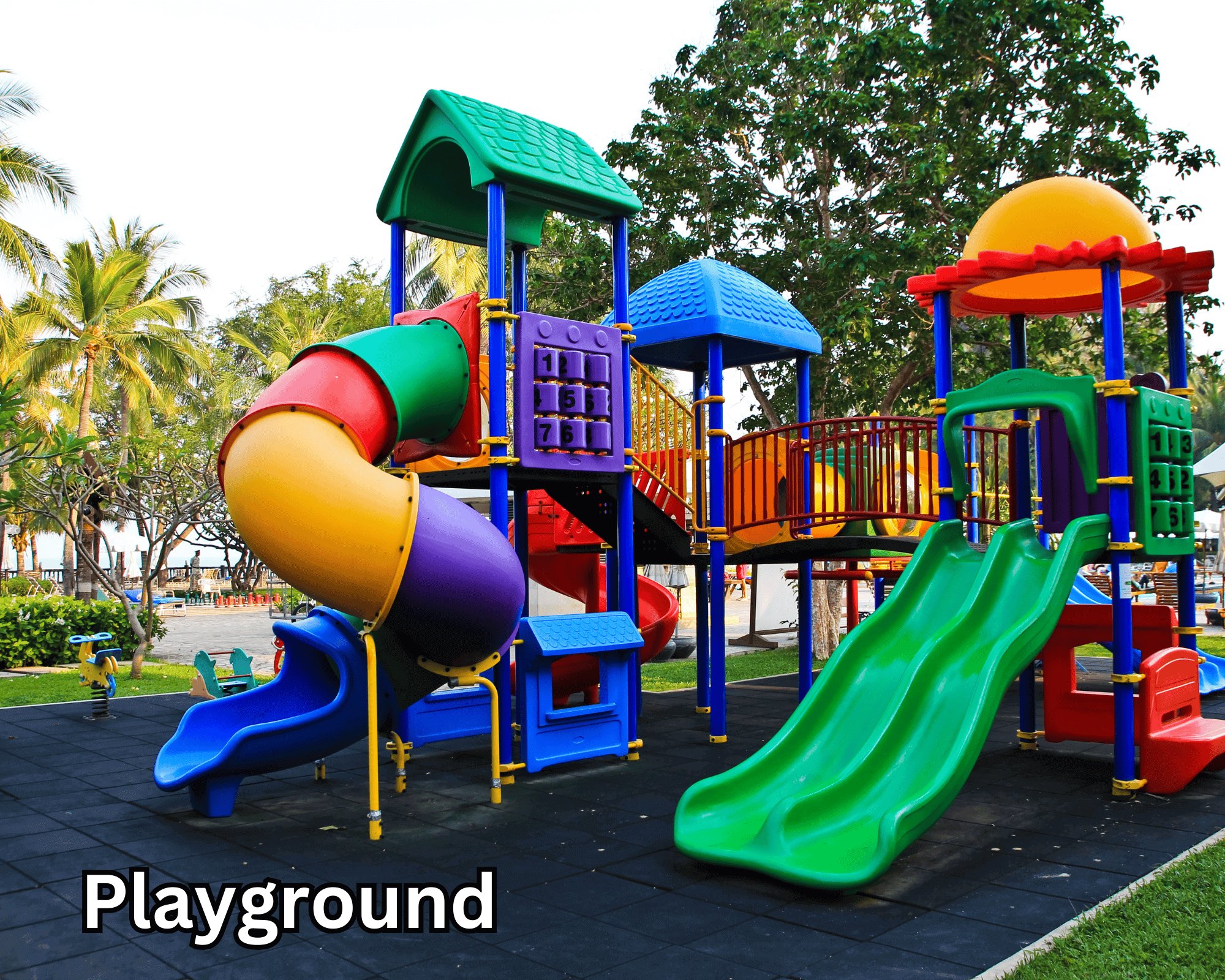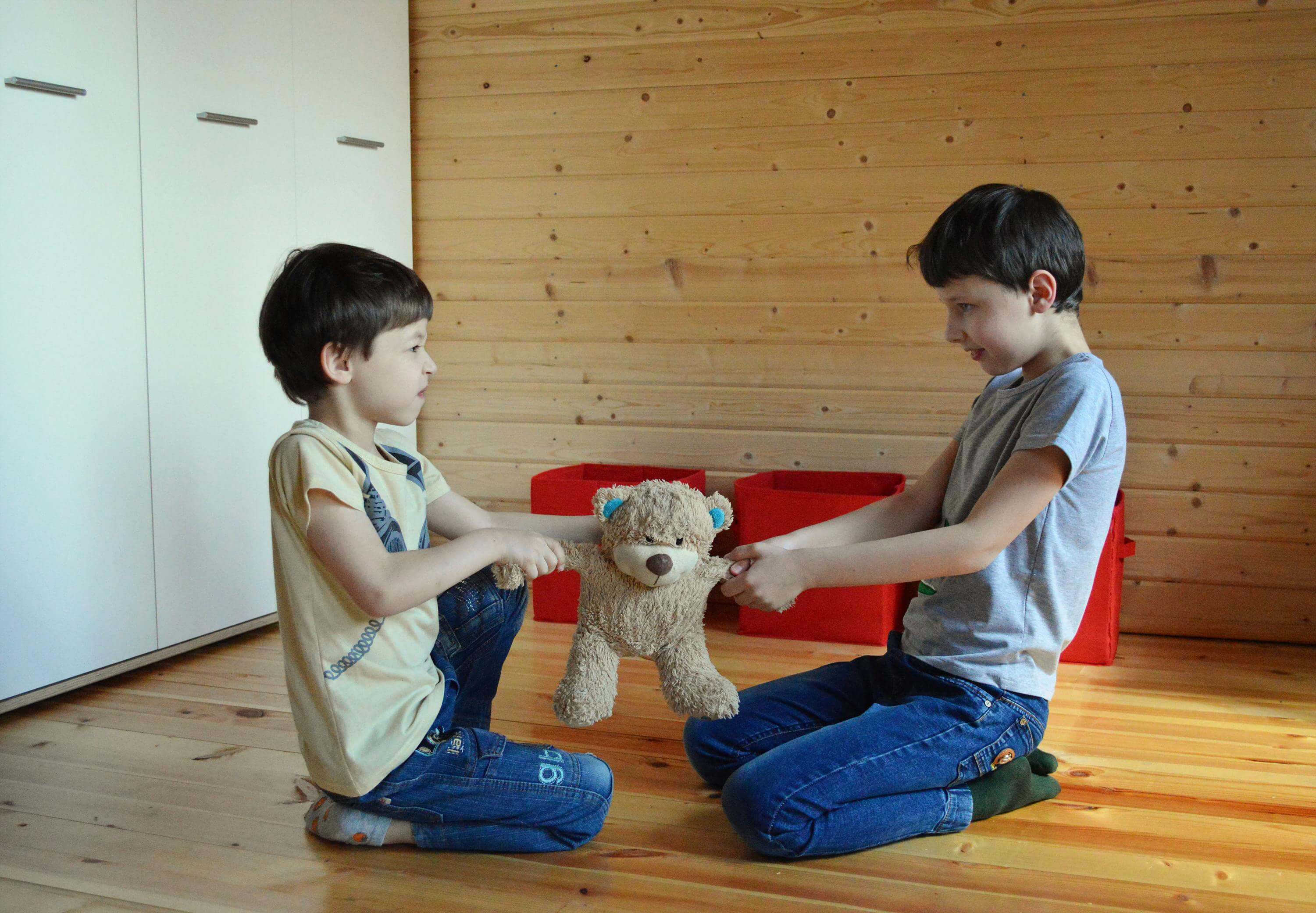Parenting a Highly Sensitive Child: A Guide to Understanding, Supporting, and Thriving Together
Does your child seem overwhelmed by loud noises, strong emotions, or sudden changes? Do they notice details others miss and feel things deeply? If so, you might be parenting a highly sensitive child (HSC).

First, take a deep breath. Once you understand your child’s sensitivity more clearly, you will be able to help them deal with it better and just think how much closer you will be with them.
We’ll take a look at what a highly sensitivity child is and consider some practical strategies for parenting with patience and empathy.
What Is a Highly Sensitive Child?
A highly sensitive child has a nervous system that processes information more deeply than others. This isn’t a disorder—it’s simply a personality trait, found in about 15-20% of children.
The term comes from Dr. Elaine Aron, a psychologist who has studied high sensitivity extensively.
Common Traits of a Highly Sensitive Child:
✅ Easily overwhelmed by loud noises, bright lights, or strong smells
✅ Deeply affected by the emotions of others
✅ Thoughtful and perceptive—may ask deep or philosophical questions
✅ Struggles with transitions or unexpected changes
✅ Feels criticism and pressure intensely
✅ Needs time alone to recharge
Keep reading if this sounds like your child, because understanding your child’s sensitivity is the first step toward helping them to thrive.
What Causes a Child to Be Highly Sensitive?
Remember this sensitivity it’s not a disorder. Research suggests it’s linked to differences in the nervous system and brain processing.
🧬 Genetics & Brain Wiring – Sensitivity tends to run in families, and brain scans show that highly sensitive children have stronger activity in areas related to empathy and awareness.
👶 Deep Processing – HSCs take in more sensory and emotional information, meaning their brains work harder to analyze and respond to situations.
🌎 Environmental Influence – A supportive, nurturing environment helps a highly sensitive child flourish, while stress or criticism can make them more anxious.
Why High Sensitivity Is a Strength
It’s easy to focus on the challenges of raising a highly sensitive child, but let’s take a moment to celebrate the gifts that come with this trait.
🌟 Deep Empathy – They genuinely care about others' feelings and often form strong, meaningful relationships.
🌟 Creativity & Imagination – Highly sensitive kids are natural artists, storytellers, and thinkers.
🌟 Heightened Awareness – They notice the beauty in small details and often appreciate nature and art deeply.
🌟 Strong Moral Compass – Fairness and kindness matter deeply to them.
Encourage these strengths and help your child grow into a compassionate and thoughtful adult.
Are Highly Sensitive Children More Intelligent?
Not necessarily in the traditional sense, but they do have unique cognitive strengths that can make them appear highly intelligent.
🧠 Deep Thinking & Problem-Solving – HSCs process information deeply, often thinking about things from multiple angles.
🎨 Creativity & Innovation – They have vivid imaginations and excel in art, storytelling, and creative problem-solving.
💡 Emotional Intelligence (EQ) – They pick up on emotions quickly and often understand people better than their peers.
🔎 Keen Observational Skills – They notice small details and connect ideas in ways others might not.
While not all highly sensitive children have high IQs, their depth of thinking, creativity, and emotional intelligence give them a unique intellectual advantage.

Challenges (and Solutions) for Parenting a Highly Sensitive Child
Every parent faces challenges, but when raising a highly sensitive child, the usual parenting advice doesn’t always apply. Here’s how to handle common struggles:
1. Overstimulation & Sensory Sensitivities
The challenge: Crowded places, loud noises, and bright lights can quickly overwhelm your child.
What to do:
✔ Create calm, quiet spaces at home where they can retreat when needed.
✔ Prepare them for noisy or chaotic situations by explaining what to expect.
✔ Use noise-canceling headphones or sunglasses in overwhelming environments.
2. Emotional Intensity & Meltdowns
The challenge: Your child feels emotions deeply, which can lead to big reactions to small events.
What to do:
✔ Stay calm and patient—your energy affects theirs.
✔ Validate their feelings: "I see that you're upset. It's okay to feel this way."
✔ Teach coping skills, like deep breathing, hugging a stuffed animal, or taking a break.
3. Perfectionism & Fear of Criticism
The challenge: Highly sensitive children often put immense pressure on themselves and take criticism to heart.
What to do:
✔ Praise effort, not just results ("I love how hard you worked on this!").
✔ Remind them that mistakes help us learn.
✔ Share your own mistakes and how you overcame them.
4. Social Challenges & Making Friends
The challenge: They may struggle with peer pressure, teasing, or feeling different from others.
What to do:
✔ Help them find like-minded friends, such as through art classes, nature groups, or book clubs.
✔ Role-play social scenarios to build confidence.
✔ Teach them phrases like, "I need some quiet time right now," so they can set boundaries.
How Do I Discipline a Highly Sensitive Child?
Discipline doesn’t mean punishment—it means teaching. For a highly sensitive child, traditional discipline methods (like time-outs or harsh consequences) can backfire, leading to anxiety, withdrawal, or emotional shutdown.
Instead, try these gentle yet effective discipline strategies:
✅ Use Connection Before Correction – Speak to them with calmness and empathy before addressing their behavior. Example: "I see you're upset. Let's talk about what happened."
✅ Set Clear and Gentle Boundaries – Highly sensitive children thrive with consistency. Use phrases like "In our home, we use kind words, even when we're upset."
✅ Validate Their Feelings First – Saying "I understand you're frustrated" helps them feel heard before guiding them toward a solution.
✅ Teach Emotional Regulation – Model deep breathing, counting to 10, or using words to express feelings instead of reacting.
✅ Offer Logical, Non-Shaming Consequences – Example: If they throw a toy in anger, instead of saying, "That was bad! Go to your room!", say, "Toys are for playing, not throwing. Let’s put it away for now and talk about why you were upset."
How to Support Your Highly Sensitive Child
Here are some practical ways to nurture your child's sensitivity while building their confidence and resilience:

🔹 Create a Predictable Routine – Surprises can be stressful, so knowing what to expect helps them feel safe.
🔹 Allow Downtime – Give them space to recharge after busy or emotional experiences.
🔹 Be Their Safe Place – They need to know they can always come to you without judgment.
🔹 Encourage, Don’t Push – Avoid forcing them into situations that feel overwhelming. Instead, gently support them.
🔹 Teach Emotional Regulation – Simple mindfulness exercises, like belly breathing or grounding techniques, can help.
💡 Pro Tip: Help your child create a "calm-down kit" with their favorite book, a soft blanket, and a small toy or stress ball.
Self-Care for Parents of Highly Sensitive Kids
Parenting a highly sensitive child requires extra patience and energy, so it’s important to take care of yourself too.
💛 Set realistic expectations – You won’t always handle things perfectly, and that’s okay.
💛 Find a support system – Connect with other parents of highly sensitive children.
💛 Take breaks – Even a few minutes of deep breathing or a short walk can help you recharge.
🌟 Your love and support are exactly what your child needs.
Additional Resources for Parents
For more guidance and expert advice, check out these trusted resources:
📚 The Highly Sensitive Child by Dr. Elaine Aron – A must-read for parents of sensitive kids.
📘 Raising Your Spirited Child by Mary Sheedy Kurcinka – Great for understanding intense emotions in children.
📖 Sensitive and Strong – A Christian-based guide for raising sensitive kids.
🌎 Highly Sensitive Refuge – A website full of articles and support for parents and HSPs.
Final Thoughts: Your Child’s Sensitivity is a Gift
Yes, parenting a highly sensitive child comes with challenges. But it also comes with incredible rewards.
Your child loves deeply, thinks deeply, and feels deeply. They’ll grow up to be strong and compassionate adults, with your love and support.
🌟 You are the perfect parent for your child. So trust yourself and embrace their sensitivity.
👉 Over to you! What has helped you the most in parenting your highly sensitive child? Share your thoughts in the comments—I’d love to hear from you! 💬💛













